Get students analyzing persuasive techniques and their effects on audiences with this set of three texts with accompanying questions.
Analyze the Techniques of Persuasion
If you’ve been studying the art of persuasive essay writing with your students, they’re sure to be familiar with some of the most common techniques of persuasion such as rhetorical questions, emotive language and modality. But do your students fully understand why these devices are so effective in persuasive writing? Can they explain the effects these devices have on the reader?
Get your students analyzing how rhetorical devices are used in persuasive writing with this set of three texts with accompanying questions. The worksheets have been designed by our expert teacher team to sharpen your students’ analytical skills in the realm of persuasive writing. Each text has been strategically written to include various techniques of persuasion. Paired with insightful questions, these worksheets serve as a powerful tool for students to delve deep into the world of rhetoric, honing their ability to analyze persuasive techniques and understand their impact.
The texts included in this pack are:
- Dog Make the Best Pets
- Stop Polluting the Ocean
- Sugary Snacks Should Be Banned
The techniques of persuasion featured in these texts are:
- Modality
- The Rule of Three
- Alliteration
- Inclusive Language
- Repetition
- Simile/Metaphor
- Rhetorical Questions
- Emotive Language
- Hyperbole
Students can work through all three texts, or you can choose the text that features the techniques of persuasion that you are focusing on in your lessons.
This resource downloads as a black-and-white printable PDF or an editable Google Slides file. The download also includes an answer key to make grading fast and easy.
Through engaging with this resource, students will analyze persuasive techniques and assess the overarching impact of these techniques on the reader.
Classroom Implementation Ideas for Analyzing Persuasive Techniques
Looking for suggestions about how to implement this resource in your classroom? Here are some ideas you might like to consider:
- Individual Analysis – Assign worksheets to students for independent work, fostering self-driven learning as they delve into the texts and answer questions.
- Group Discussions – Encourage collaborative learning by having students analyze the texts and discuss their findings in small groups. This promotes peer-to-peer teaching and diverse perspectives.
- Interactive Workshops – Facilitate classroom workshops where students present their analyses, fostering public speaking skills and allowing for a dynamic exchange of ideas.
- Assessment Tool – Utilize the worksheets as a formative or summative assessment to gauge students’ proficiency in identifying and analyzing persuasive techniques.
Download to Analyze Persuasive Texts
Use the Download button above to access your preferred version of this worksheet pack. (Note: You will be prompted to make a copy of the Google Slides template on your personal drive before accessing it.)
As this resource contains answer sheets, you may wish to print one copy only, then remove the answer sheet before making further copies for your students.
This resource was created by Caitlyn Phillips, a Teach Starter collaborator.
Further Ideas for Teaching the Techniques of Persuasion
If you’re keen to explore more teacher-created, curriculum-aligned persuasive writing resources, then Teach Starter has you covered. Click below to access more time-saving activities for your persuasive writing lessons!
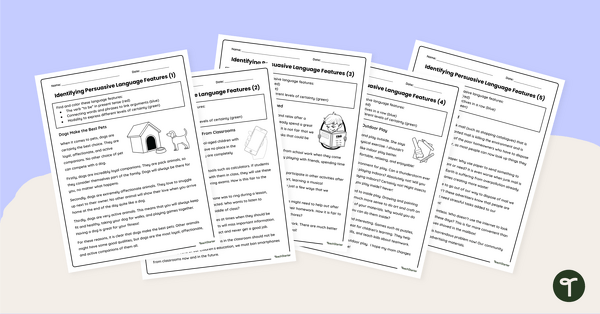
teaching resource
Identifying Persuasive Language Worksheets
Explore persuasive language with your students using this set of five persuasive texts on a variety of age-appropriate topics.
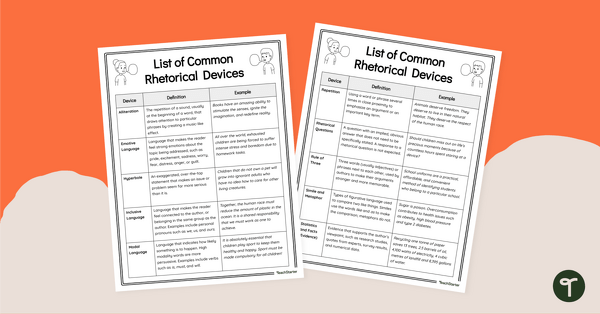
teaching resource
List of Rhetorical Devices
Download this list of rhetorical devices for your students to refer to when writing a persuasive essay.
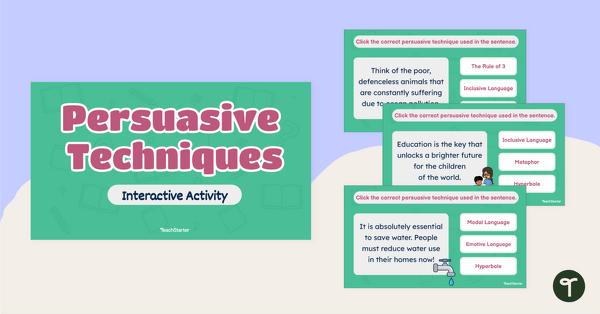
teaching resource
Persuasive Techniques Interactive Activity
Explore persuasive technique examples with your students using this digital game perfect for your persuasive writing lessons.
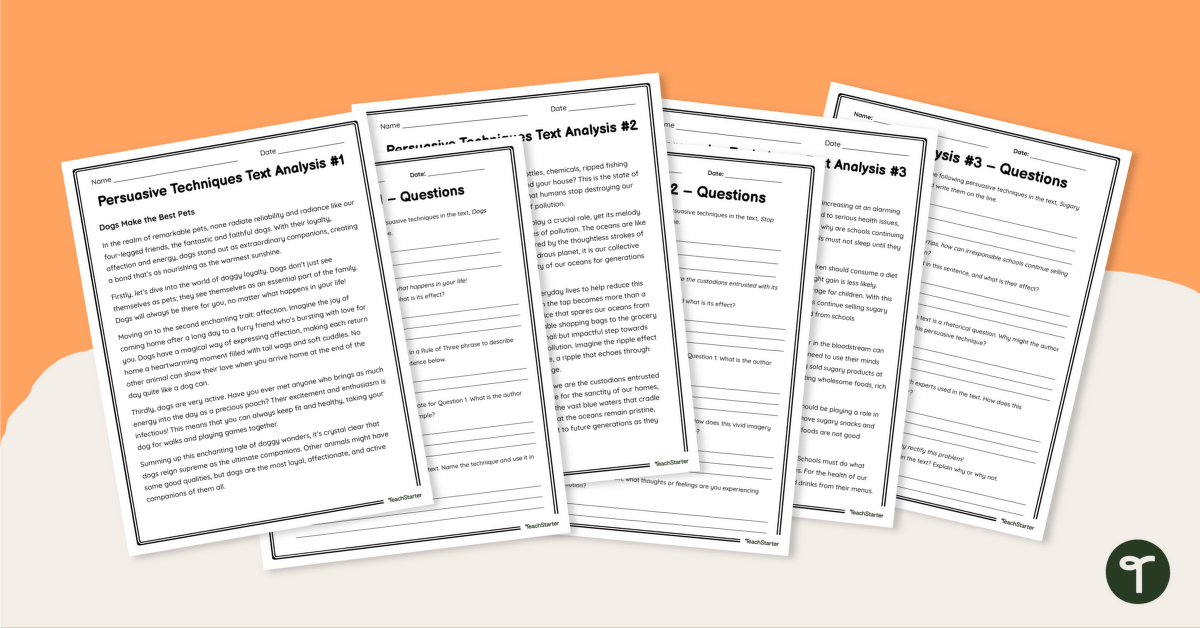

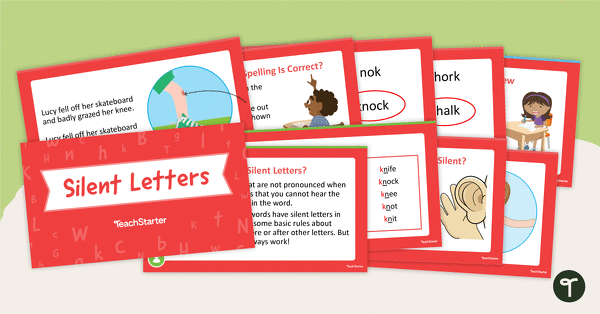
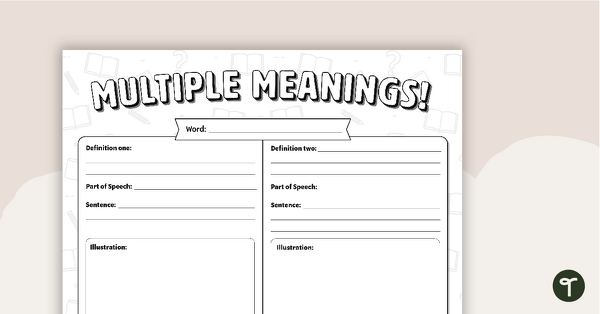
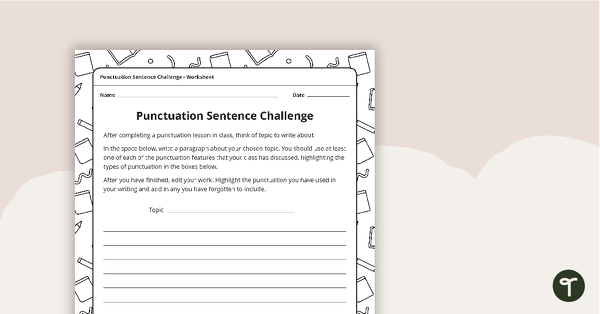
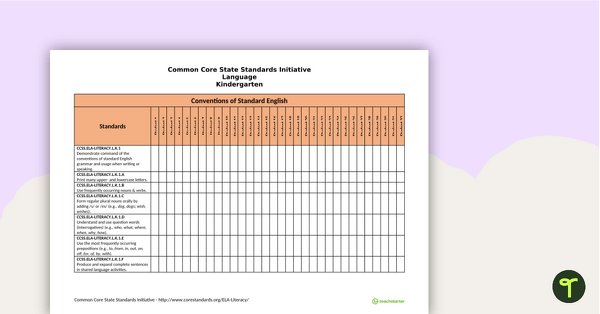

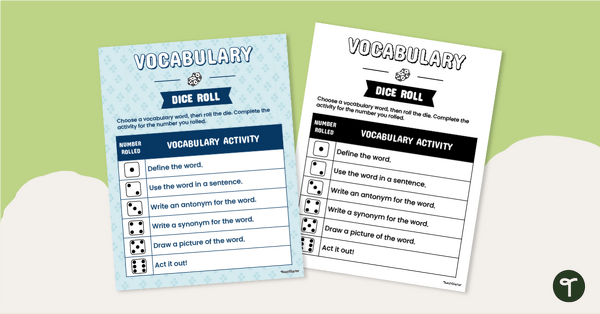
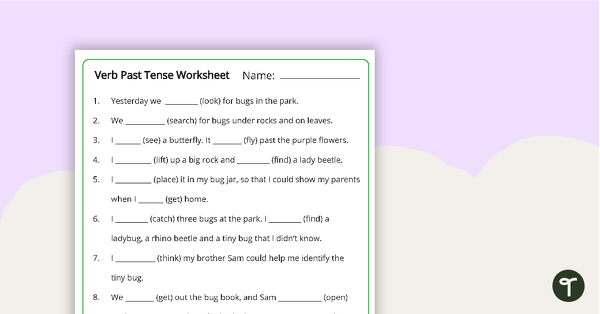
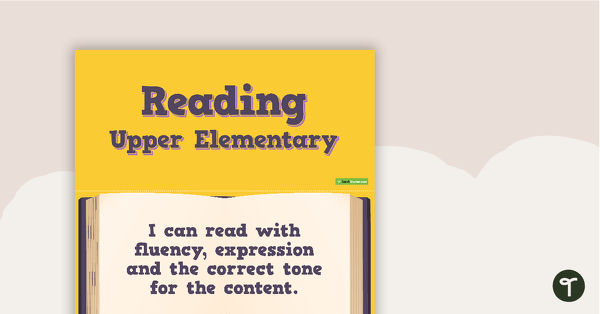
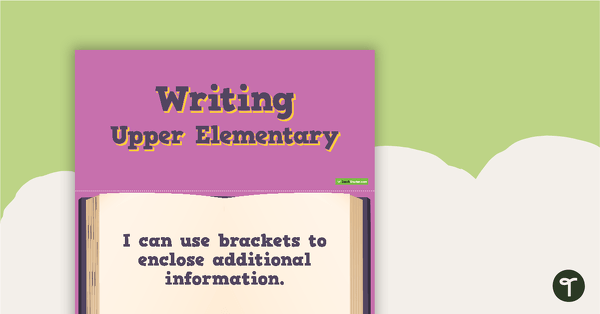
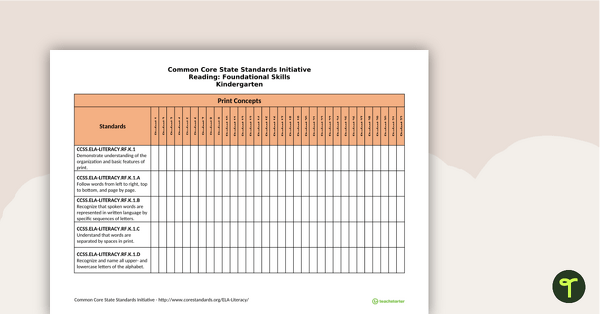
0 Comments
Write a review to help other teachers and parents like yourself. If you'd like to request a change to this resource, or report an error, select the corresponding tab above.